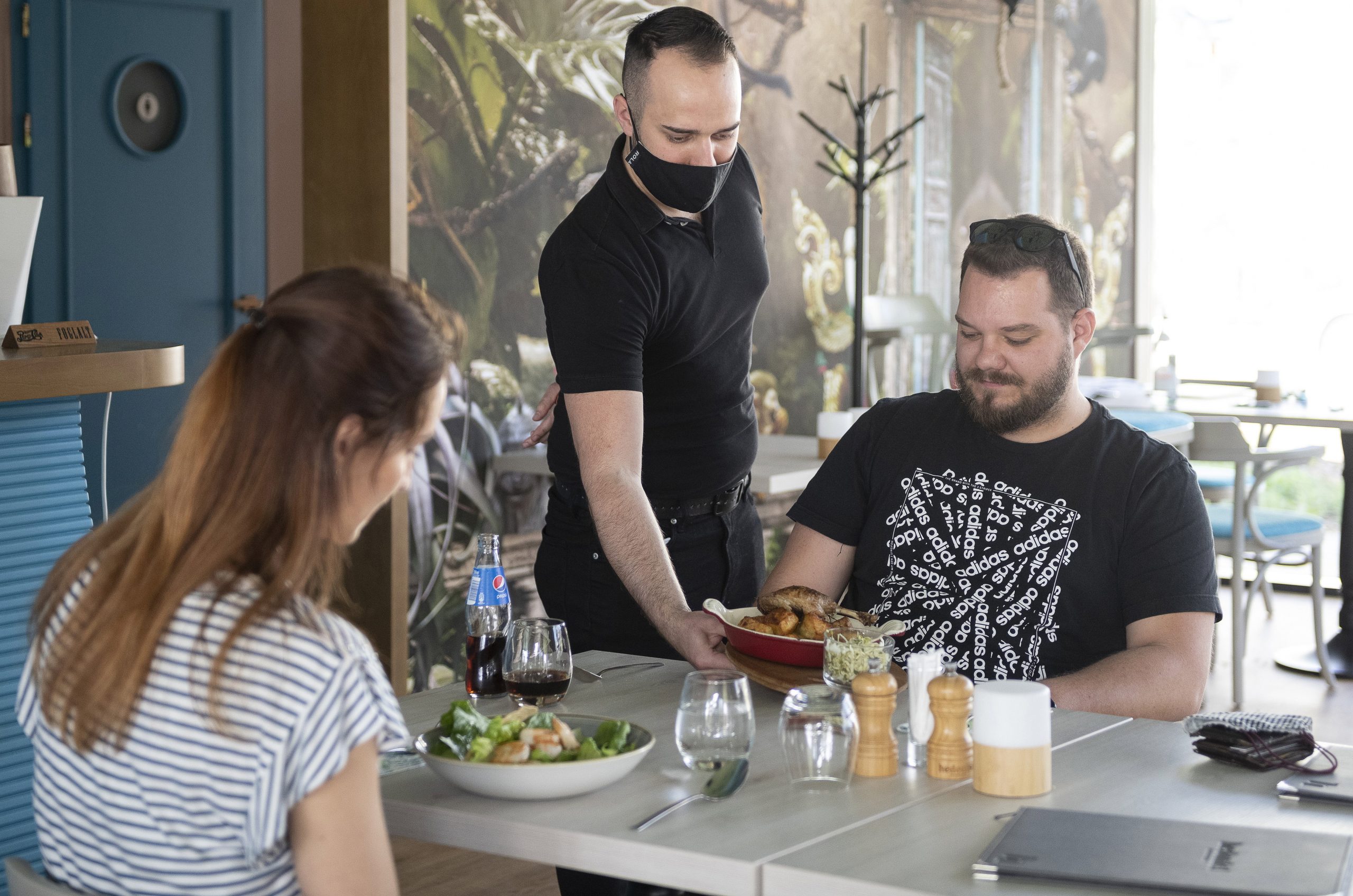
Commercial lodgings registered 1.2 million guests last month, 360,000 of whom were foreign and 800,000 Hungarian visitors, Zoltán Guller saidContinue reading

Employers will certainly not introduce mandatory vaccination in the hospitality industry, the president of the Hungarian Hotel and Restaurant Association (MSZÉSZ) said. According to Csaba Baldauf, such a decision would lead to a wave of layoffs, but the industry is struggling with a labor shortage that is difficult to overcome even without this. At the moment, there is a shortage of about 40-50,000 people in the sector.
This article was originally posted on our sister-site, Ungarn Heute.
“We are not aware of a single hotel or restaurant where vaccination is mandatory,” Csaba Baldauf, president of the Hungarian Hotel and Restaurant Association, recently confirmed to government-critical news portal 24.hu. The government announced at the end of October that it would not make vaccination against the coronavirus mandatory, but employers could decide for themselves.
In the hotel, restaurant, and tourism industries, mandatory vaccination is not feasible due to acute labor shortages, as operations would be jeopardized by possible layoffs. As stated, no hotel or restaurant is known to the unions for which such an order has been invoked.
László Kovács, president of the Hungarian Hotel and Restaurant Association, recently told economic site napi.hu that there is a shortage of 40-50,000 professionals in the hospitality industry. The coronavirus epidemic is mainly responsible for this phenomenon. Workers have not yet left the industry after the first wave, but by the second and third waves, they had realized that restaurants and hotels would be closed easily, quickly, and first when the number of infected people reached a critical level. As a result, it is a great challenge to recruit new staff, as the future is still uncertain in relation to the epidemic.
The portal also refers to the Central Statistical Office (KSH) data, according to which in 2019 there were more than 193,000 people working in the accommodation and catering sector, but by the end of 2020, this number had already dropped below 177,000. And the labor shortage in this sector has certainly worsened, as evidenced by the fact that during the peak summer season, the areas around the main tourist destinations were crowded with job ads.
According to experts, most of them have moved into the retail and construction sectors, but former hospitality workers often go into IT as well. “They have gone where they know their future is secure. Many have opted for a more secure existence for less money, for now,” says László Kovács.
A wage increase would clearly help the labor shortage: “Significant wage increases are needed in this sector. It is not an easy situation for the remaining caterers, as energy costs are now rising, while they have already seen a 15-20% increase in raw materials and even higher increases in some products.”
The union agrees that a higher vaccination coverage rate would be necessary, as this is the basis for the safe operation of hotels and restaurants. However, they add that employers would be in an easier position if mandatory vaccination had been decided by the government and the responsibility was not shifted to employers. Csaba Baldauf also said that according to his information, about 80 percent of employees in the catering and tourism industry could be vaccinated.
Featured image via Attila Balázs/MTI